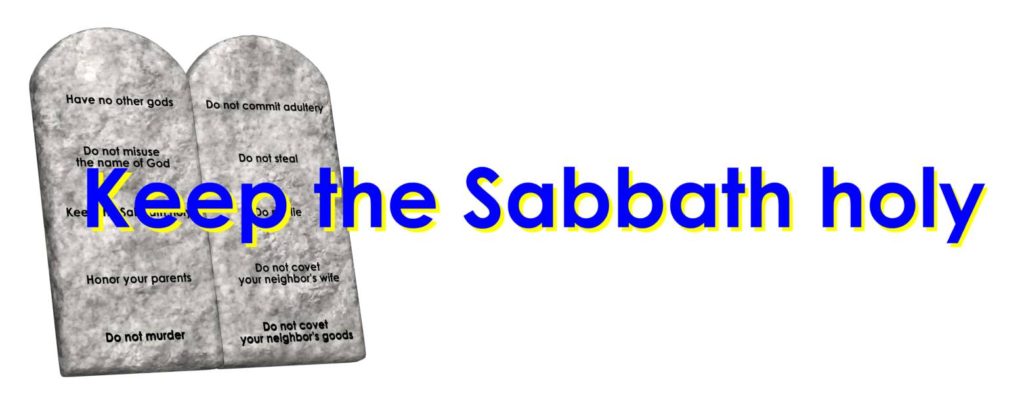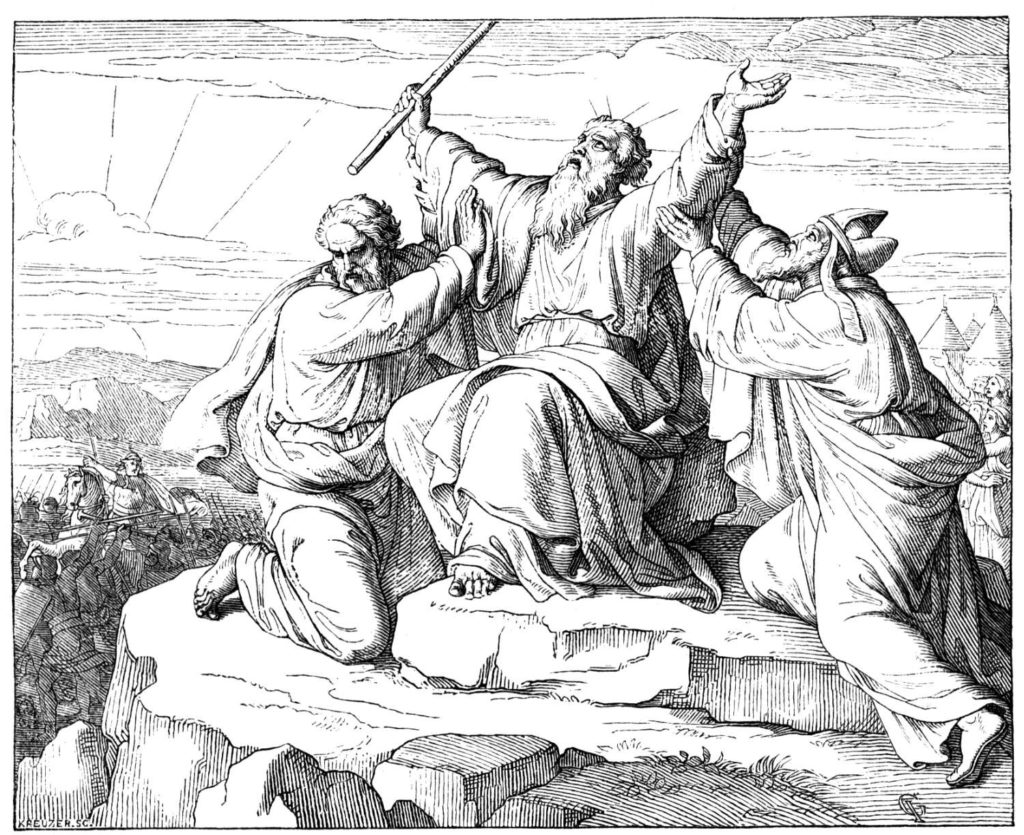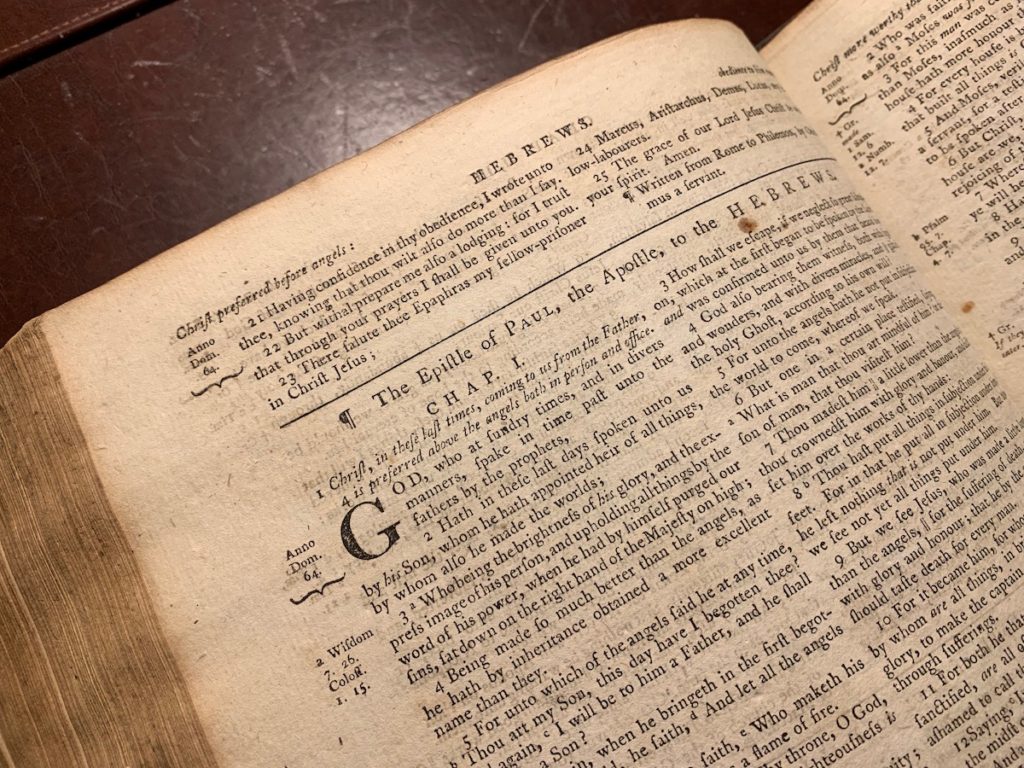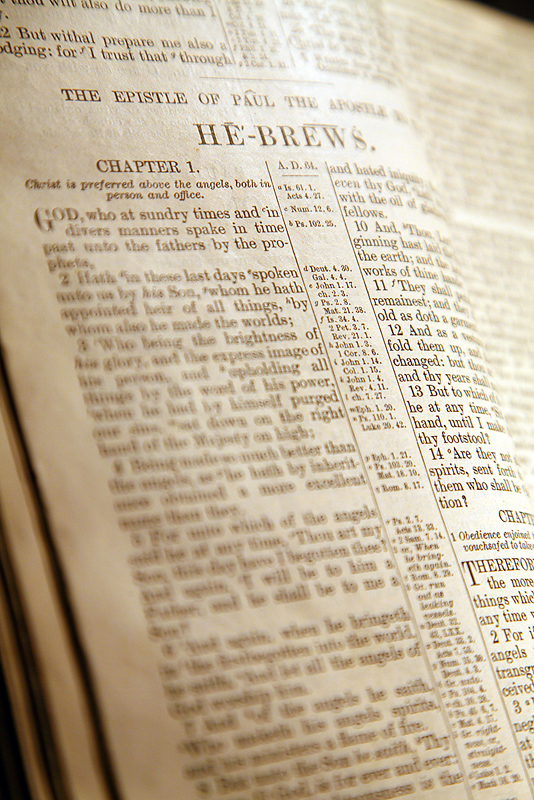
Hebrews 4:9–10, Rest. The Greek word sabbatismos means “a keeping of the Sabbath” and is derived from the Hebrew word sabbaton meaning “the seventh day or Sabbath.” In Hebrew the word for Sabbath is shabbat, which originates from the root verb shabat meaning “to cease, desist, rest.” Those who have entered into the Sabbath rest do so by following the example of YHVH the Creator who not only rested spiritually, but literally rested on the seventh day after the creation. He set this as an example for man to follow.
Some people see this verse in Hebrews only as a mandate to rest from their spiritual works by putting their faith in Yeshua. This is only partial rest. We must follow the example of YHVH who literally rested on the seventh day as well.
Yeshua in his preincarnate state was YHVH the Creator (Heb 1:10; John 1:3, 10). He kept the Sabbath as YHVH the Creator, and as Yeshua the Messiah as well. (If Yeshua didn’t keep the Sabbath, then he was a sinner in that he violated the law, and is not our perfect, sin-free Savior! If he kept the Sabbath, and the Gospels record that he did do so, we are to imitate him as his obedient disciples and imitators by doing what he did (1 Cor 11:1; 1 John 2:6.)
Some deceptive Christian “teachers” will state that Yeshua broke the Sabbath by quoting John 5:18. First, again if Yeshua had broken the fourth commandments, he would have become a sinner (1 John 3:4), but we know that he was sinless (Heb 4:15), so this was not the case. Second, John records that it was the misguided Jews who were accusing Yeshua of sin, even though he had done nothing to break any of the Torah’s laws regarding the Sabbath. Third, the word “break” as used in John 5:18 is the Greek word luo, which in its primary definition means “to loosen literally or figuratively.” Yeshua was “breaking” or “loosening” the man-made, extra-biblical laws or constraints that the Pharisees had put on people with regard to how to keep the Sabbath. Yeshua was brushing aside or “breaking” or “loosening” some of these non-biblical and man-made restrictions to bring people back to a Sabbath observance that was less burdensome and restrictive. He in no way was violating the Torah, which would have made him a sinner.
When we rest both physically and spiritually, we’re walking out a higher level of truth by walking out both the letter and the spirit of YHVH’s Torah-law as Yeshua taught us to do in his Sermon on the Mount (Matt 5:17–48), and as such, we’ve positioned ourselves before YHVH to receive more divine revelation from him.
In other words, the more we obey him faithfully in love, the more truth he can entrust us with for safekeeping, for he knows we won’t take for granted or trample his precious truth nuggets. To those who are faithful in much, YHVH gives more. That’s how it works in his spiritual economy.
To this day, many of the religious keep the Sabbath by physically resting on this day, but they have missed the revelation of spiritual rest in Yeshua, while the mainstream Christians have rejected the physical Sabbath rest but they accepted the spiritual rest in the Messiah. Both sides have half the truth. Let’s put the two halves together and walk out the full truth—both the physical and the spiritual side of the Sabbath as Yeshua and his disciples did!
Keeping the seventh day Sabbath with this fuller understanding is another way of connecting the gospel message to its Hebraic, pro-Torah roots.







